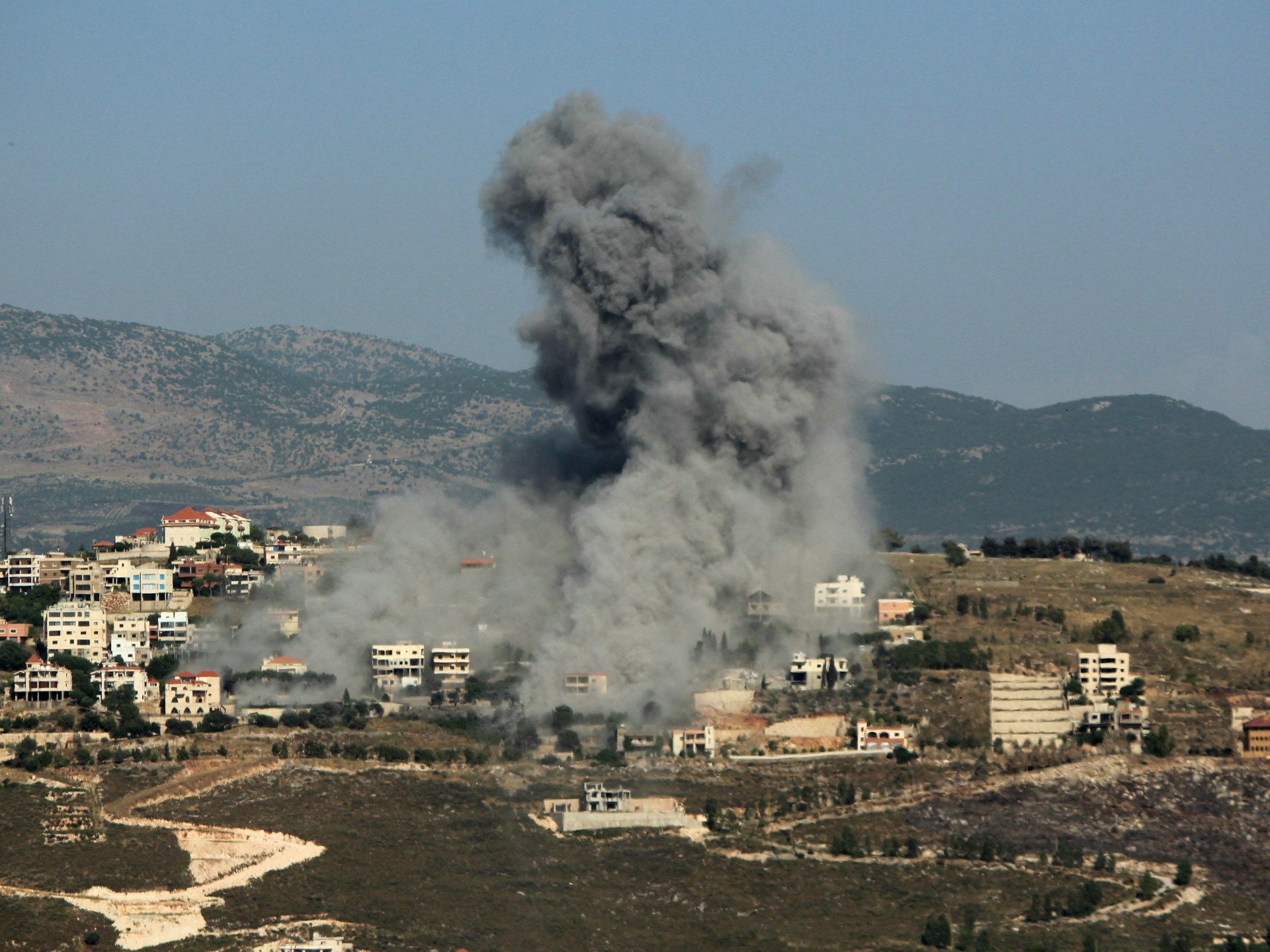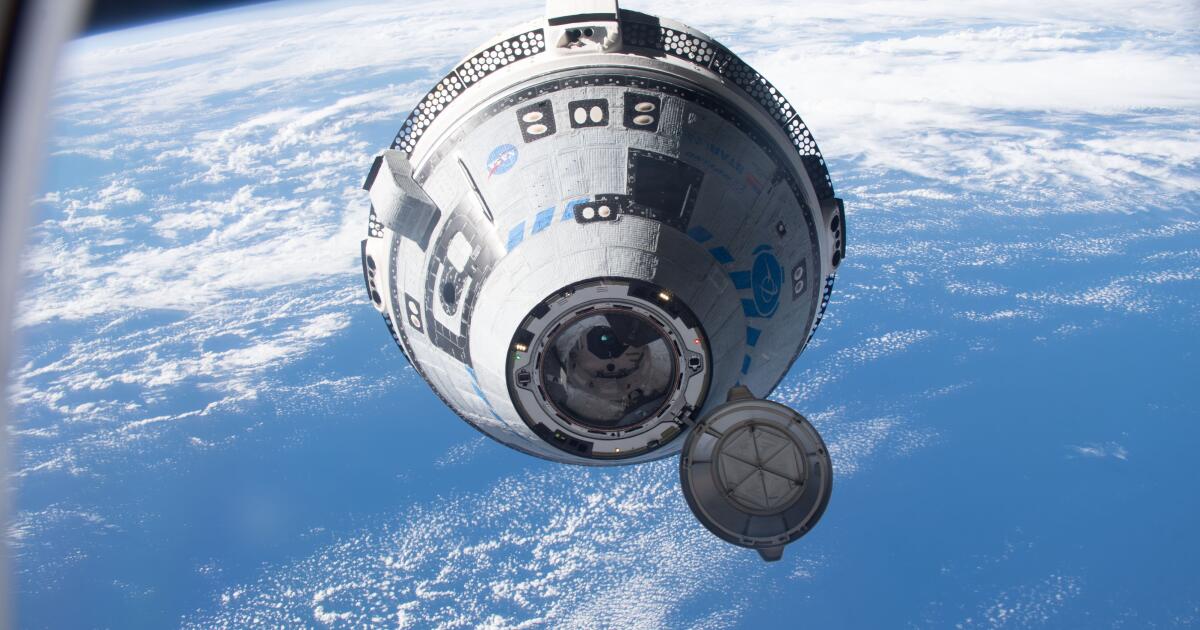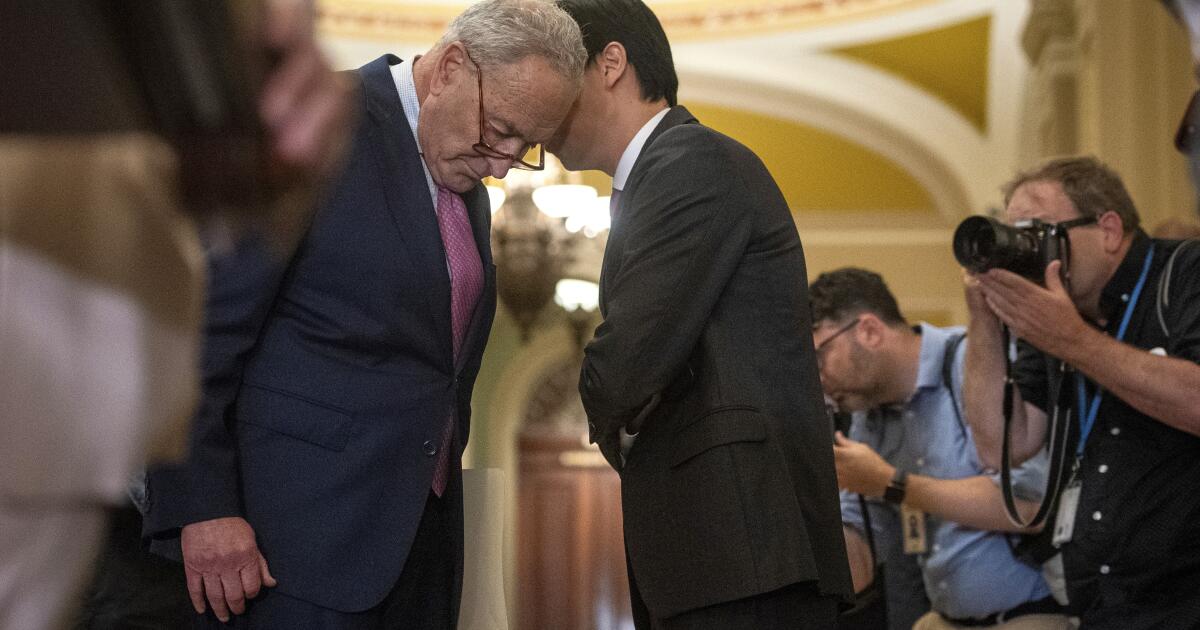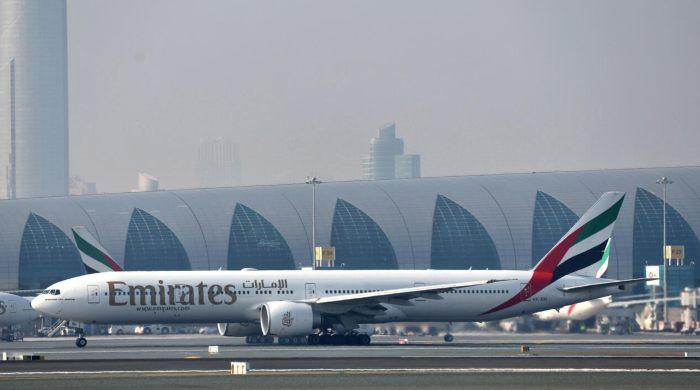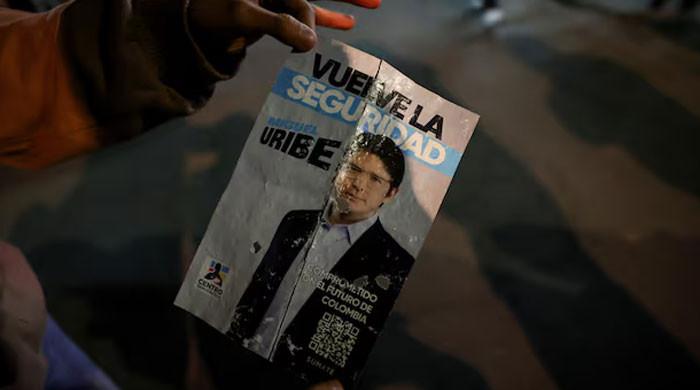The latest attacks come as Israeli officials intensify calls to expand fighting along the Israel-Lebanon border.
At least two people have been reported killed in southern Lebanon as cross-border fighting between Hezbollah and Israel continues amid the threat of a wider war.
The two killings were the result of Israeli attacks on the outskirts of the town of Aitaroun, Lebanon's state-run National News Agency (NNA) reported on Saturday. The agency said the Israeli missiles targeted a cafe at a gas station.
In a statement, Hezbollah accused Israel of “attacking civilians,” while the Israeli military later said its forces had attacked a Hezbollah fighter in the area. The identities of those killed were not immediately known.
Also on Saturday, Hezbollah said it had fired Falaq 2 rockets at a military command center in northern Israel. A security source told the Reuters news agency that it was the first time rockets had been fired at Israel. Hezbollah has used Falaq 1 rockets in attacks against Israel on several occasions.
The violence comes as both Hezbollah and Israel have increased cross-border fighting that has persisted since October last year, and the Lebanon-based group says it is seeking to withdraw Israeli resources from the war in Gaza.
However, Israeli officials have stepped up the rhetoric in recent days, raising the possibility of a more destructive escalation along its northern border.
Earlier this week, Israeli Prime Minister Benjamin Netanyahu said his country was “prepared for a very intense operation” along its border with Lebanon.
“One way or another, we will restore security in the north,” he said Wednesday. That day, an Israeli soldier was killed in a Hezbollah drone strike in the town of Hurfeish. Ten other people were injured.
Meanwhile, far-right National Security Minister Itamar Ben-Gvir went further, saying on Telegram on Tuesday that “all Hezbollah strongholds should also burn and be destroyed” and calling for “War!” A day earlier, Finance Minister Bezalel Smotrich called for a “ground invasion” to drive Hezbollah fighters back from the border.
For his part, Hezbollah deputy leader Naim Qassem told Al Jazeera earlier this week that the group was not seeking to expand the war but was “ready” anyway. He warned of “devastation, destruction and displacement” for Israelis if that happened.
Israeli strikes since Oct. 7 have killed more than 300 Hezbollah members and about 80 civilians, according to the group and Lebanese officials. Attacks from Lebanon against Israel have killed 18 Israeli soldiers and 10 civilians, the Israeli military said.
The fighting has been the most volatile since Israel and Hezbollah went to war in 2006. Tens of thousands of people have been forced to flee their homes on both sides of the border.
Cross-border fighting continues
On Saturday, Hezbollah claimed responsibility for six attacks against Israel. These included attacks on the Zarit barracks and on Israeli soldiers at a newly constructed artillery range in the occupied Shebaa farms. The group claimed a “direct hit” in both cases.
Israel said it had intercepted two rockets from Lebanon towards the Zarit area in the Upper Galilee region. The army also said its planes had attacked infrastructure in the Khiam area. Its tanks had earlier fired on a Hezbollah military structure in the Kfarkela area.
Israeli attacks with “incendiary phosphorus projectiles” also caused forest fires in the Alma ash-Shaab area, ANN reported.
During a joint press conference with US President Joe Biden in the French capital Paris on Saturday, French President Emmanual Macron called on both sides to de-escalate tensions.
France, which had occupied Lebanon after the partition of the Ottoman Empire, has sought to serve as an intermediary between Israel and Hezbollah amid the most recent outbreak.
Macron said France and the United States were “redoubling efforts together to avoid a regional explosion, particularly in Lebanon.”
Paris was working on “advanced parameters” to reduce tensions and end what it called an institutional vacuum in Lebanon, he added.
Meanwhile, the former head of Mossad's intelligence gathering department, Haim Tome, told Israeli outlet Hayom on Saturday that a war with Hezbollah would severely damage Israel's ability to function as a nation.
Tome warned that an all-out war with Hezbollah would mean deeper attacks inside Israel, possibly targeting Tel Aviv.
The former official also warned that Hezbollah could use its considerable arsenal, which includes precision missiles, to attack Israeli gas fields.

